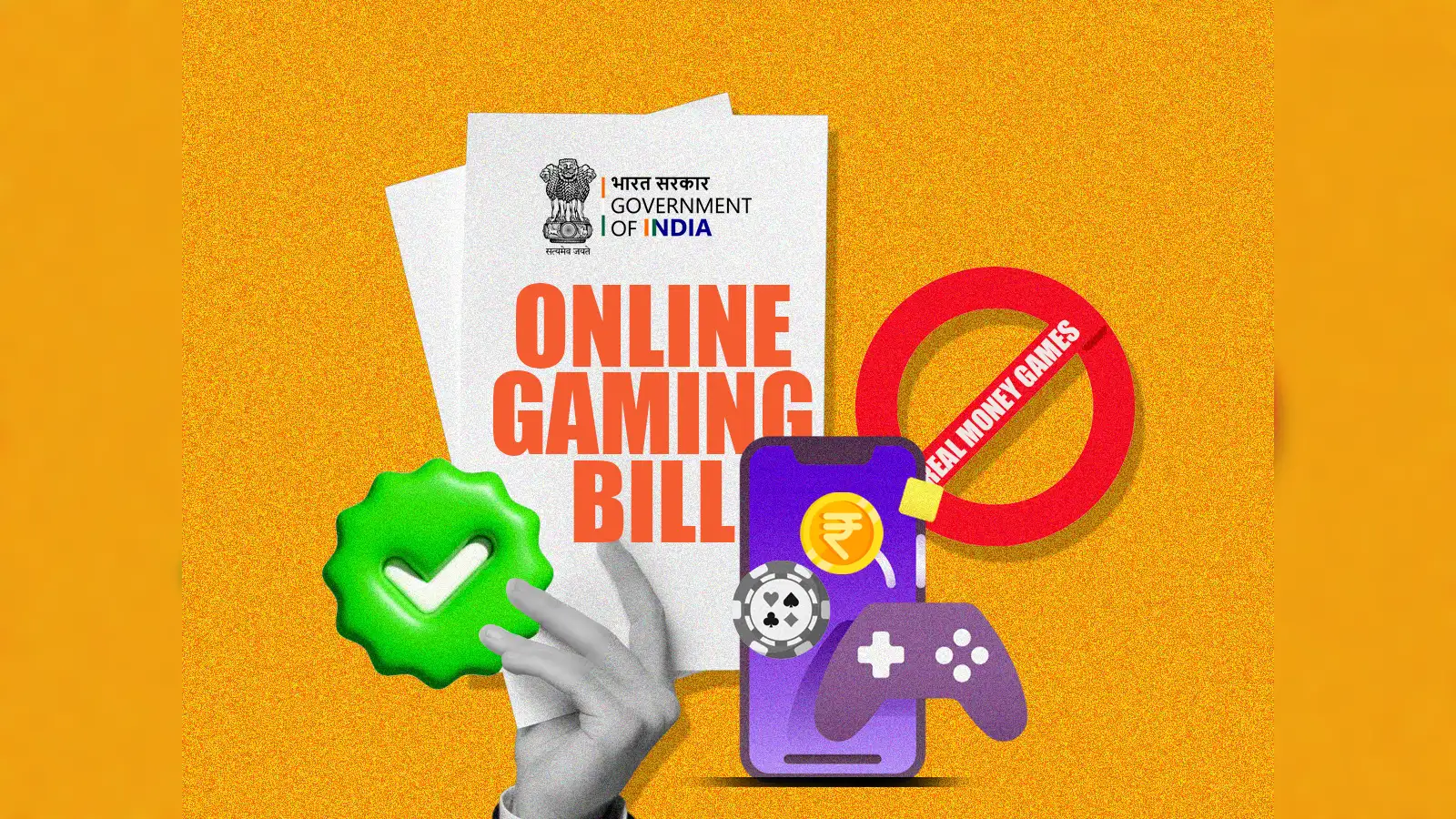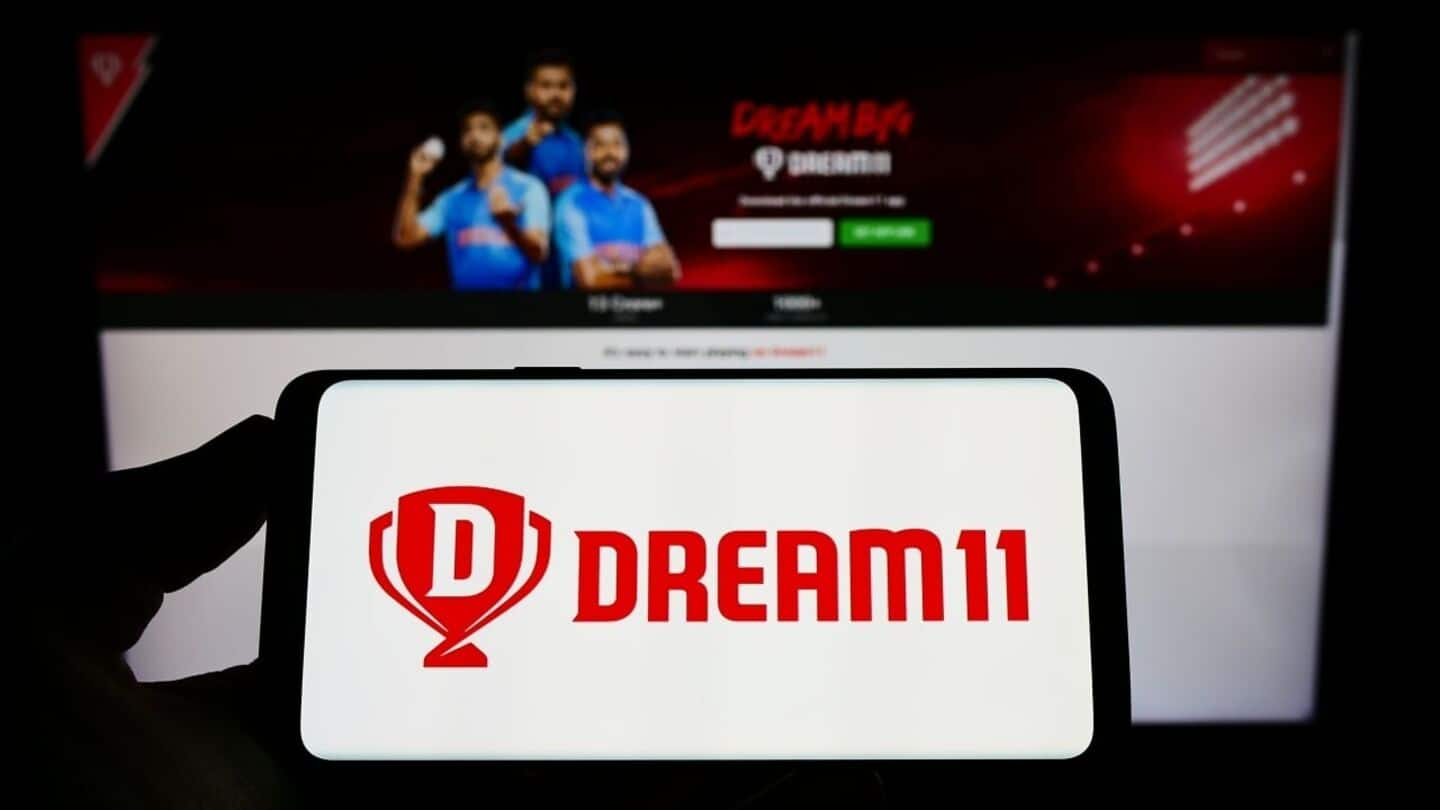A Forced Pivot
Dream11, India’s biggest fantasy sports platform, has officially pivoted to a free-to-play model following new legislation that banned online real-money gaming across the country. This move marks the end of an era for the company, which had relied on paid contests as the backbone of its business for over a decade.
Instead of cash entry games, users can now join daily free contests with prizes sponsored by brand tie-ins. The company says this ensures continued user engagement while aligning with the new regulatory environment.

A Massive User Base for Advertisers
Dream11’s strength lies in its scale. With 250 million registered users and around 10 million daily active players across cities and small towns, the platform still commands unmatched reach in India’s gaming and sports ecosystem.
Nearly 70 percent of its users fall between the ages of 18 and 35, making it highly attractive to advertisers seeking to connect with younger audiences. Another 25 percent of the user base sits in the 35 to 60 age bracket, offering brands access to a segment with greater spending power.
Big names like Swiggy, Tata Neu, and Astrotalk have already partnered with Dream11, integrating directly into contests instead of relying on traditional banner ads. The new strategy allows brands to become part of the gameplay itself, deepening user interaction and creating more value than static ad placements.

Building Beyond Fantasy Games
Dream11 is also leaning on the broader Dream Sports ecosystem to sustain engagement. Its sports streaming platform FanCode has been integrated into the Dream11 app, allowing users to access live cricket and other sporting content alongside fantasy gameplay.
This expansion into media and content is designed to keep sports enthusiasts hooked even as the real-money contests disappear. By positioning itself as a community-driven sports engagement hub, Dream11 aims to retain loyalty while redefining its value proposition.

The Future of Fantasy Sports in India
While Dream11’s pivot demonstrates adaptability, the broader industry remains uncertain. Much will depend on how regulations evolve and whether other platforms choose to follow the free-to-play model or seek alternative formats.
For now, Dream11’s move represents the single largest shift in India’s online gaming market, proving that even the biggest players must reinvent themselves when policy tides change.
Follow YouFinance on Instagram and Facebook for more insights into India’s fast-changing business and tech ecosystem.















